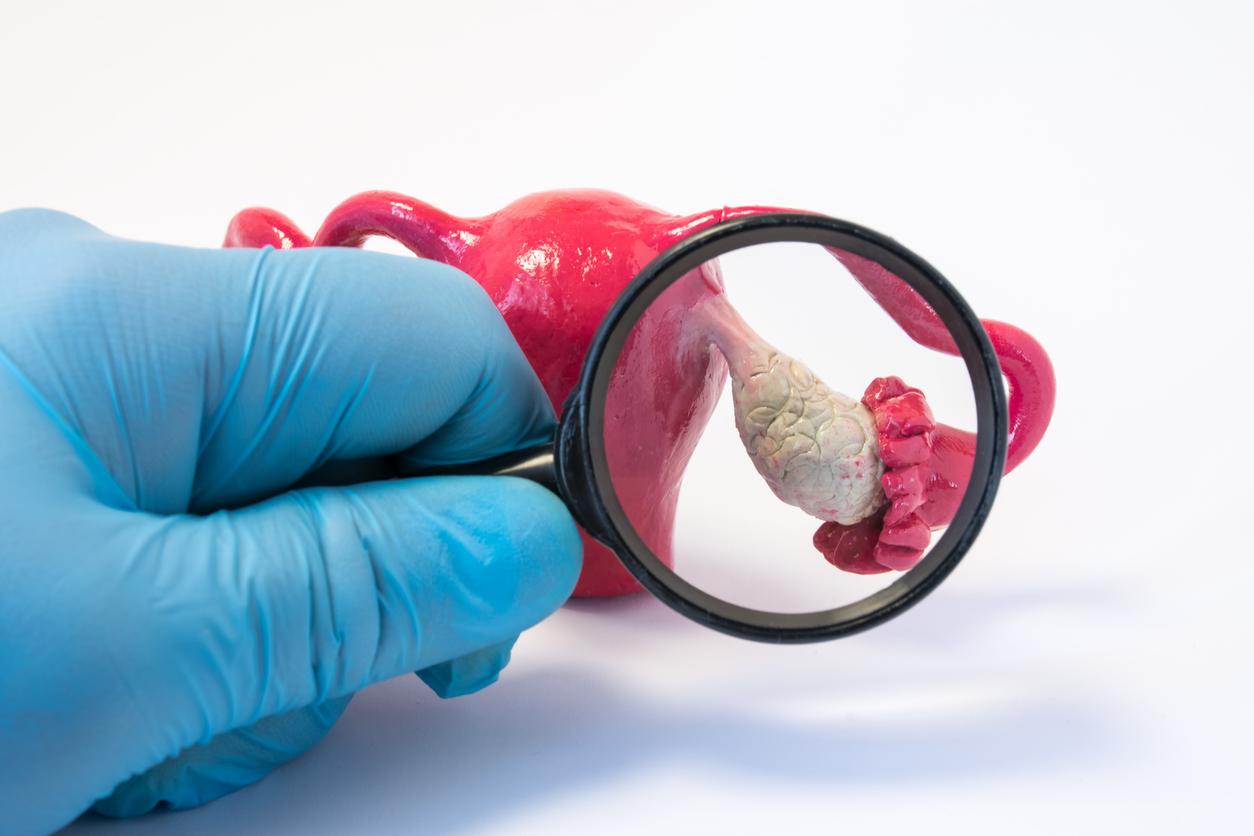Computers and smartphones aren’t the only devices prone to cyberattacks – pacemakers could also be targets of hackers. This is what the United States Food and Drug Administration (FDA) revealed on August 29, in a communicated. The alert concerns six models of pacemakers manufactured before August 28 by the company St. Jude Medical, recently acquired by Abbott, an American pharmaceutical company.
An update is recommended
In total, no less than 465,000 pacemakers are affected by this flaw, which can have serious consequences. And for good reason: it would allow an unauthorized user to drain the battery or control the heartbeat, thus endangering the wearer. To prevent the diversion of these pacemakers, intended to stimulate the heart muscles, the FDA advises those who wear them to go to a specialist, in order to update the device. The American agency specifies that for the time being, no case of hacking has been identified on the 465,000 devices concerned.
This is not the first time that the safety of pacemakers has been questioned: in May, researchers found more than 8,600 flaws safety in the products of four pacemaker manufacturers. The FDA nevertheless recalls that “any medical device connected to a communication network can have vulnerabilities in terms of cybersecurity (…) However, the increased use of wireless technology and software in medical devices can also offer safer, more efficient, more convenient and faster health care “.
Read also :
Infarction: a miniature pacemaker arrives in Europe
A biological pacemaker tested in the laboratory
Smartphones disrupt the functioning of pacemakers

















